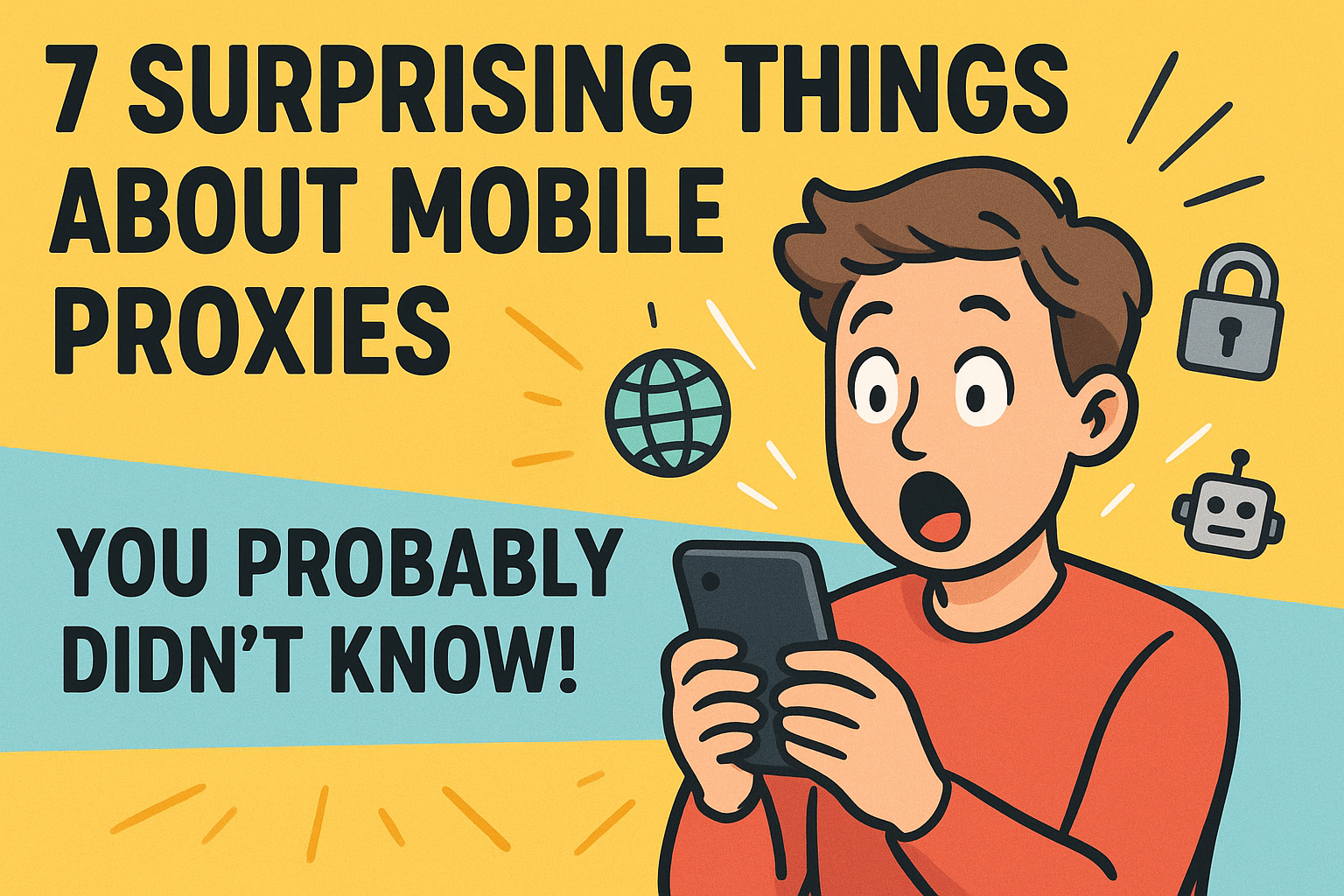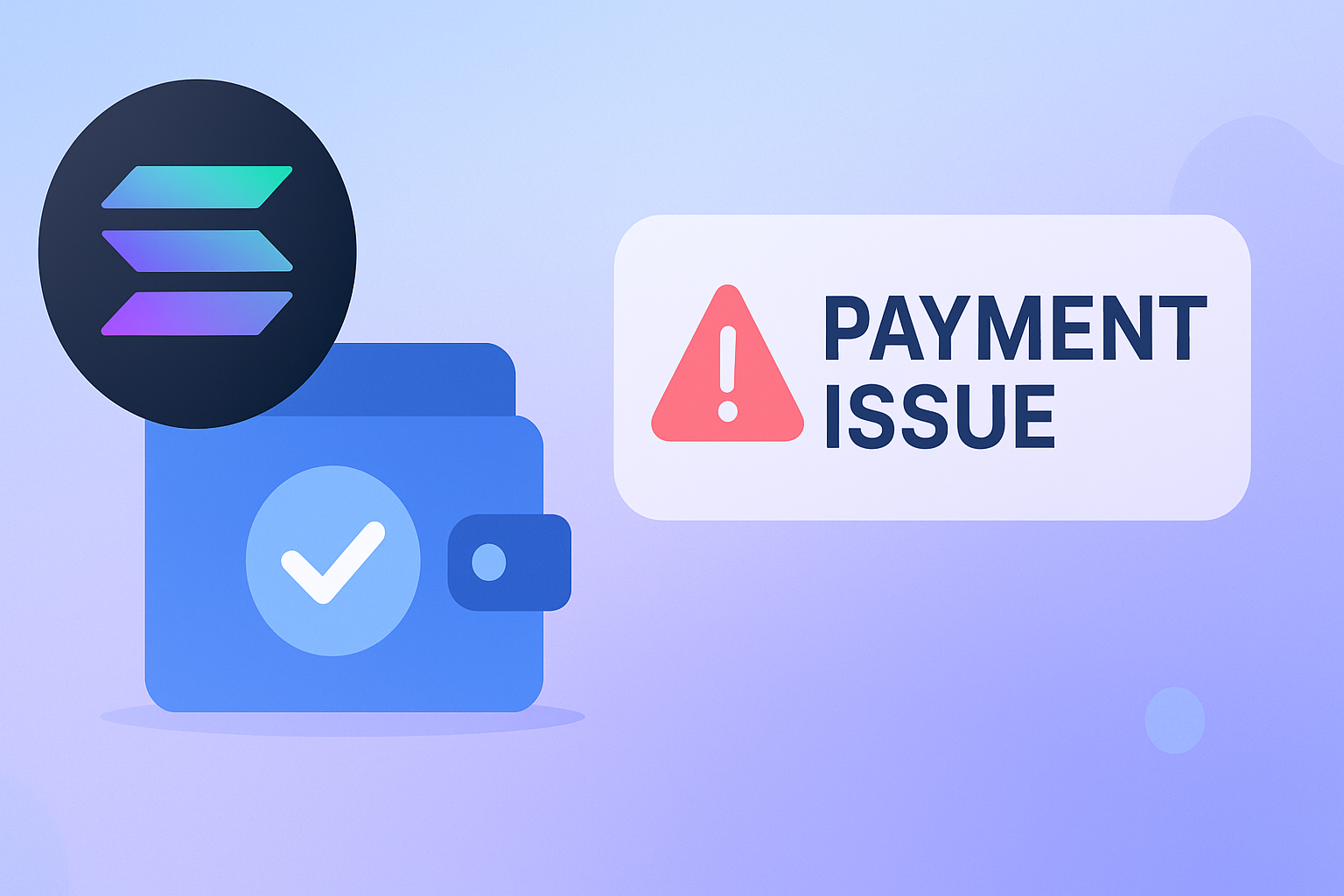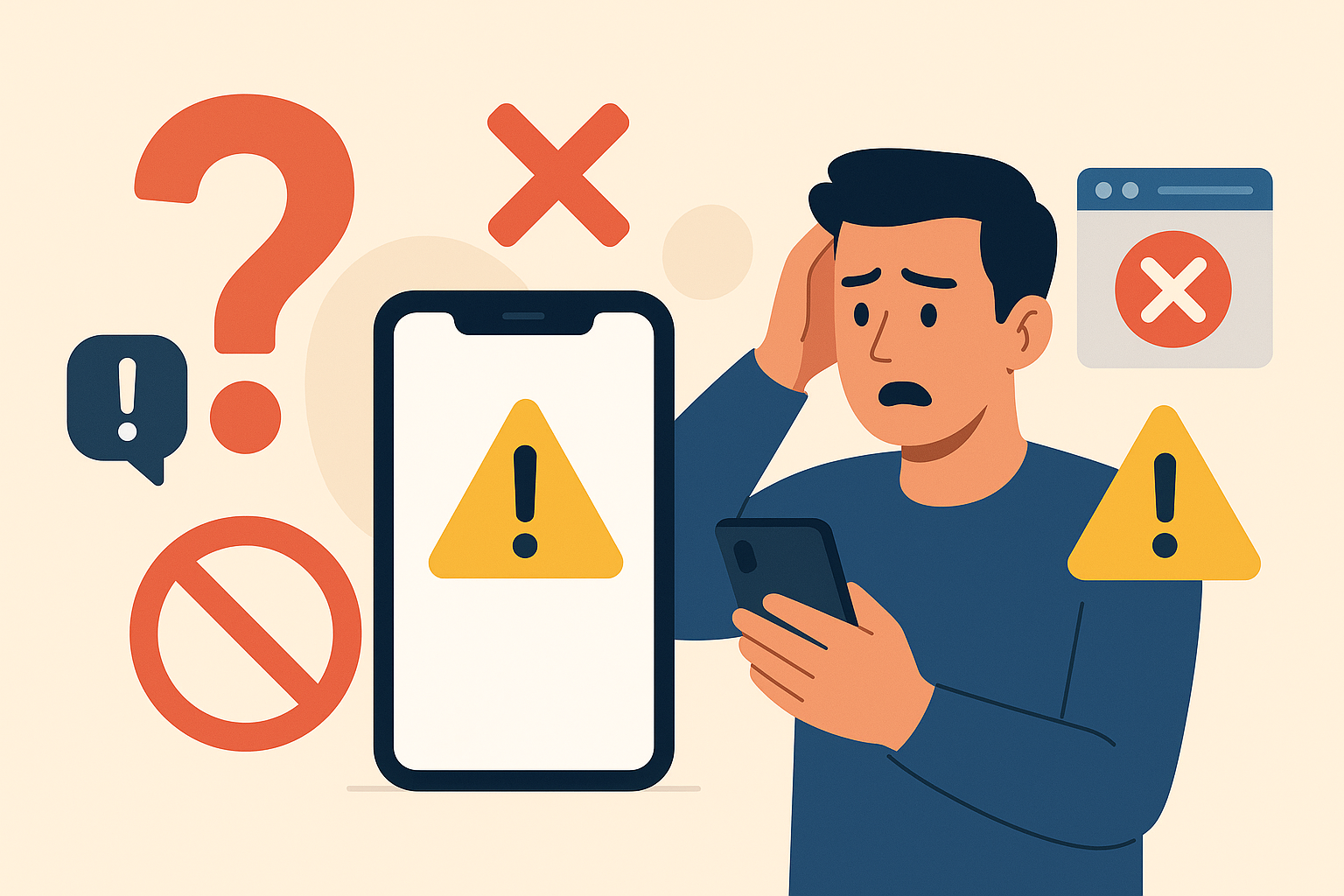Web scraping is a powerful tool for gathering data, whether you’re working on a market research project, analyzing competitors, or collecting insights for business decisions. But when you’re using proxies for web scraping, it’s easy to make a few mistakes that can cause your scraping efforts to fail, or worse, get your IP banned. Let’s dive into the top 5 mistakes to avoid to ensure your scraping process goes smoothly and securely.
1. Choosing the Wrong Type of Proxy
A common mistake I see is using the wrong type of proxy for the job. Not all proxies are created equal, and choosing the wrong one can lead to slow speeds, blocked requests, or inaccurate data. For example, using data center proxies when scraping websites that are really sensitive to bot traffic can get your IP flagged quickly. On the other hand, mobile proxies are better for tasks where you need to mimic real users, like scraping social media or e-commerce sites.
To avoid this, always consider what you’re scraping and choose a proxy type that fits your needs.
2. Not Rotating Your Proxies Enough
Another big mistake is not rotating proxies frequently enough. If you stick with one proxy too long or don’t rotate often, websites will catch on and block your IP. This is especially true if you’re scraping a lot of data in a short time.
The best approach is to rotate your proxies regularly, either after every request or after a set number of requests. Most proxy services offer automatic rotation, so it’s easier than ever to manage this step. It’ll keep your scraping operation running smoothly without interruptions.
3. Ignoring the Website’s Terms of Service
It’s easy to get caught up in the data you’re pulling and forget to check the website’s terms of service. Some sites are strict about scraping, and if you don’t play by the rules, your IP could be banned, or you could even face legal consequences.
Always take a minute to review the robots.txt file of the website you’re scraping. It tells you what’s allowed and what’s not. Even if scraping is allowed, be mindful not to overload the server, rate-limiting your requests will show that you’re being responsible.
4. Not Preparing for CAPTCHAs and IP Blacklisting
If you’ve been scraping for a while, you’ve probably run into CAPTCHAs and IP blacklisting. These defenses are becoming more common, and without proper handling, they can ruin your scraping project.
To prevent getting blocked, use proxies that rotate automatically, and consider using services that specialize in bypassing CAPTCHAs. Also, make sure you have a backup plan for when things go wrong. Setting up alerts to notify you of blocked requests will help you adjust quickly and avoid long downtimes.
5. Relying on Free Proxies
While free proxies might seem like an easy way to save some cash, they’re usually not worth the risk. Many free proxies are unreliable, slow, or even dangerous for your data security. At worst, they might sell your data or expose you to cyberattacks.
Investing in a reputable proxy provider is well worth the cost, especially if you're dealing with sensitive information. A paid proxy service will offer better performance, enhanced security, and customer support if something goes wrong, this is where GridPanel comes in.
Conclusion
Web scraping can be a powerful tool if you use it right. By avoiding these common mistakes, choosing the wrong proxies, failing to rotate them, ignoring terms of service, overlooking CAPTCHAs and IP blacklisting, and relying on free proxies, you’ll set yourself up for success. Taking the time to understand how proxies work and how to use them effectively will make your web scraping efforts much more efficient and secure.
If you’re just getting started with proxies for scraping, remember to plan ahead, stay ethical, and choose the right tools for the job. Happy scraping!





